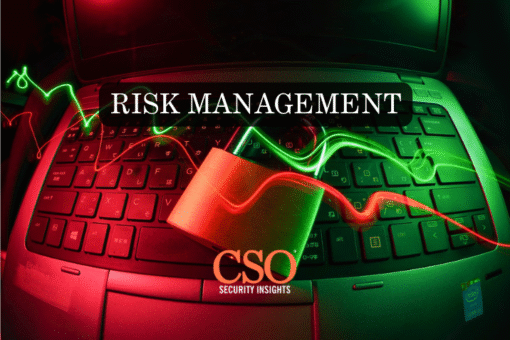China has begun limiting the role of European telecom suppliers Nokia and Ericsson in its domestic networks, according to a report by the Financial Times. The move reflects Beijing’s increasing focus on tightening control over foreign technology providers, citing national security and data sovereignty concerns. The restrictions mark a new phase in how China regulates its telecommunications sector, placing additional barriers on global firms seeking to operate in one of the world’s largest connectivity markets.
Under the new measures, contracts awarded to Nokia and Ericsson must undergo “black box” national security reviews by the Cyberspace Administration of China (CAC). According to individuals familiar with the process, these reviews do not disclose to the companies how their equipment is assessed, leaving them uncertain about the criteria being applied. This lack of transparency is seen as a way for authorities to retain leverage while ensuring that network gear aligns with domestic security standards. The requirement adds a layer of complexity for the companies, which have already been facing heightened competition from Chinese vendors Huawei and ZTE.
In addition to the reviews, state buyers of telecom equipment will now require detailed documentation from foreign bidders. This includes a full breakdown of every component in their systems, as well as disclosures on the proportion of local content used in their equipment. Analysts note that these rules could place Nokia and Ericsson at a disadvantage compared to Chinese rivals, who are already deeply embedded in the domestic supply chain. By prioritizing equipment with higher local input, authorities can both strengthen domestic industry and minimize reliance on external providers.
When asked about the development, Ericsson declined to comment, while Nokia did not provide a response to inquiries outside of its regular business hours. The Cyberspace Administration of China also could not be reached for confirmation. Industry experts view the policy as part of Beijing’s broader effort to balance technological self-reliance with maintaining some level of international engagement. While the Financial Times report suggests the curbs will make it increasingly difficult for European vendors to expand in China, it also underscores the growing divide between Chinese procurement practices and those of global markets where openness to foreign suppliers remains more common.
The decision adds to the series of regulatory pressures faced by international technology firms in China, at a time when governments worldwide are increasingly linking critical infrastructure decisions to national security considerations. For Nokia and Ericsson, the challenge will be to adapt to these heightened requirements if they seek to preserve their presence in a market where state-backed domestic firms are prioritized and regulatory frameworks are becoming more stringent.
Follow the SPIN IDG WhatsApp Channel for updates across the Smart Pakistan Insights Network covering all of Pakistan’s technology ecosystem.










